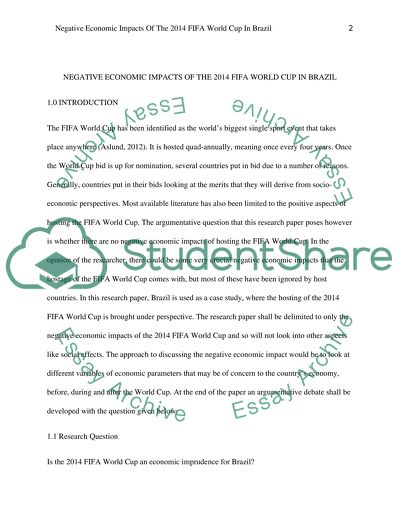Cite this document
(“Negative ECONOMIC impacts of the 2014 FIFA World Cup in Brazil Research Paper”, n.d.)
Retrieved from https://studentshare.org/macro-microeconomics/1486362-negative-economic-impacts-of-the
Retrieved from https://studentshare.org/macro-microeconomics/1486362-negative-economic-impacts-of-the
(Negative ECONOMIC Impacts of the 2014 FIFA World Cup in Brazil Research Paper)
https://studentshare.org/macro-microeconomics/1486362-negative-economic-impacts-of-the.
https://studentshare.org/macro-microeconomics/1486362-negative-economic-impacts-of-the.
“Negative ECONOMIC Impacts of the 2014 FIFA World Cup in Brazil Research Paper”, n.d. https://studentshare.org/macro-microeconomics/1486362-negative-economic-impacts-of-the.


